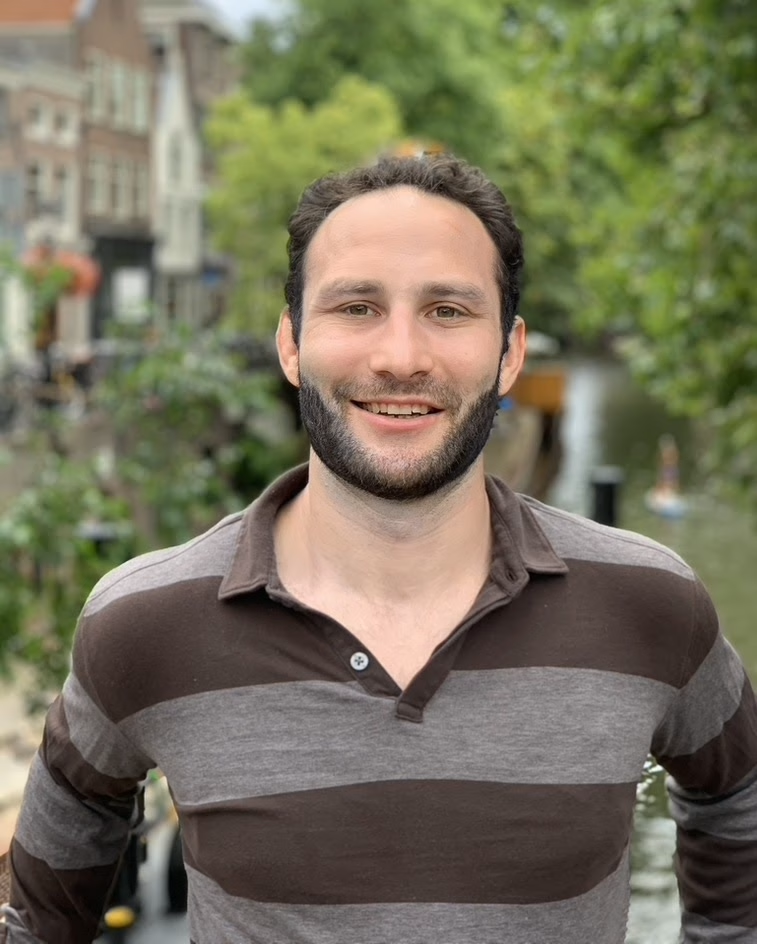February 18, 2025
@
12:00 PM
–
1:00 PM

How can we develop optimization algorithms for training machine learning models that preserve the privacy of individuals’ training data? In this talk, I will present my work addressing this challenge through differential privacy (DP). Differential privacy offers a rigorous, quantifiable standard of privacy that limits potential leakage of training data. I will explore the fundamental limits of performance for differentially private optimization in modern machine learning, particularly within federated learning settings, and present scalable, efficient algorithms that achieve optimal accuracy under DP constraints. Additionally, these algorithms demonstrate strong empirical performance. Beyond privacy, I will also discuss some of my work in optimization for fair and robust machine learning, which has been deployed in industrial settings.
Bio: Dr. Andrew Lowy is a postdoctoral Research Associate at the University of Wisconsin-Madison, advised by Stephen J. Wright. He received his PhD in Applied Mathematics from the University of Southern California under the supervision of Meisam Razaviyayn, where he was awarded the 2023 Center for Applied Mathematical Sciences (CAMS) Graduate Student Prize for outstanding research.
Dr. Lowy’s research focuses on optimization for private, fair, and robust machine learning, with an emphasis on understanding fundamental limits and developing scalable algorithms that achieve these limits. His work has been published in leading venues across optimization, machine learning, and privacy, including the SIAM Journal on Optimization, NeurIPS, ICML, ICLR, ALT, ACM CCS, and the Journal of Privacy and Confidentiality. His research has also had real-world impact, with some of his algorithms deployed in industry.